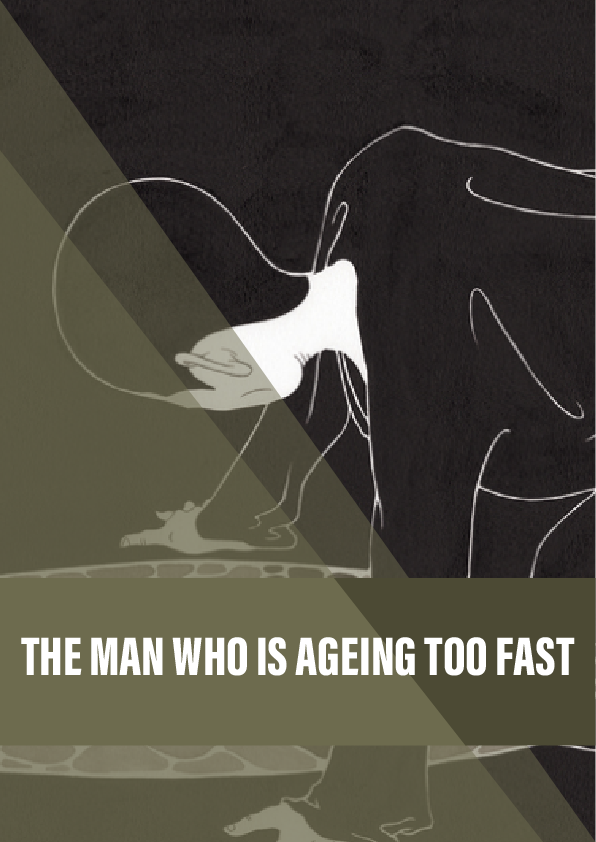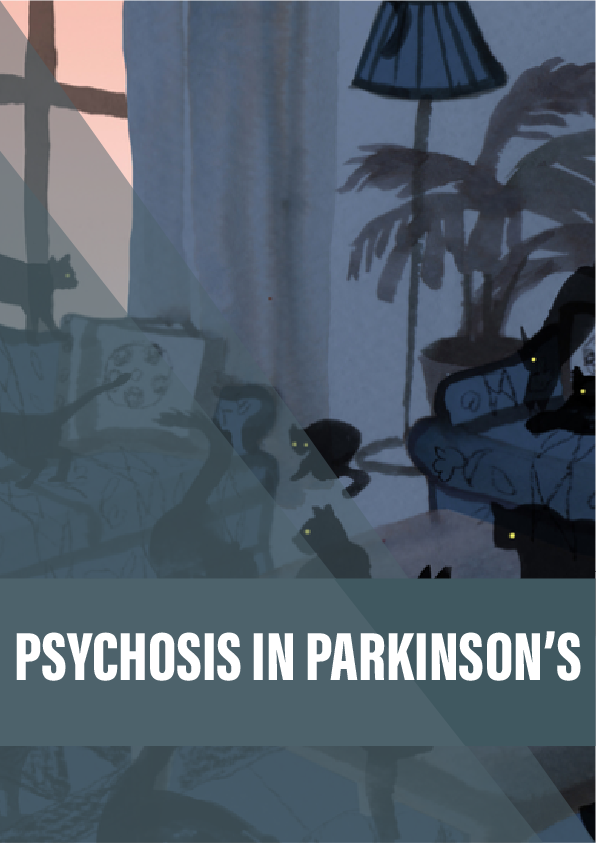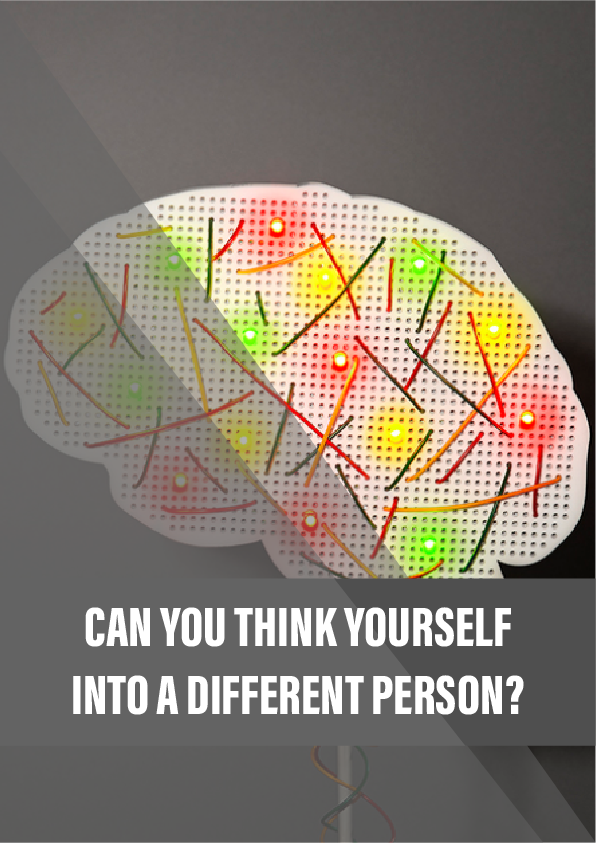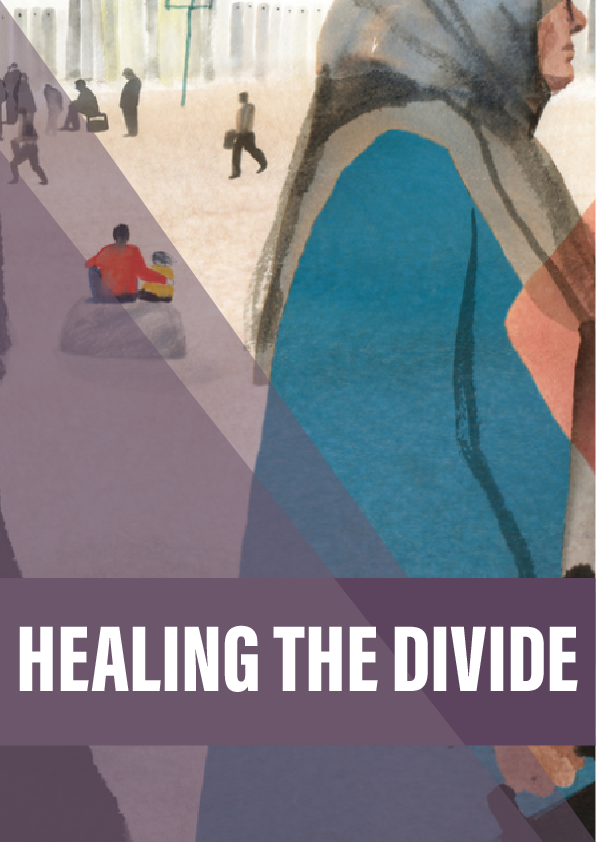Nobuaki Nagashima has Werner syndrome, which causes his body to age at super speed. This condition is teaching us more about what controls our genes, and could eventually help us find a way to slow ageing – or stop it altogether.
Nobuaki Nagashima was in his mid-20s when he began to feel like his body was breaking down. He was based in Hokkaido, the northernmost prefecture of Japan, where for 12 years he had been a member of the military, vigorously practising training drills out in the snow. It happened bit by bit – cataracts at the age of 25, pains in his hips at 28, skin problems on his leg at 30.
At 33, he was diagnosed with Werner syndrome, a disease that causes the body to age too fast. Among other things, it shows as wrinkles, weight loss, greying hair and balding. It’s also known to cause hardening of the arteries, heart failure, diabetes and cancer.
I meet Nagashima under the white light of a Chiba University Hospital room, around 25 miles west of Tokyo. A grey newsboy cap covers his hairless head freckled with liver spots. His eyebrows are thinned to a few wisps. Black-rimmed glasses help with his failing eyesight, his hip joints – replaced with artificial ones after arthritis – ache as he stands to slowly walk across the room. These ailments you might expect to see in an 80-year-old. But Nagashima is just 43.
He tells me that he has been in and out of hospital ever since his diagnosis. That his deteriorating health forced him to leave the military. Nagashima has had five or six surgeries, from his toes to hips to eyes, to treat ageing-related ailments. He’s lost 15 kilograms since he was first diagnosed. He needs a walking stick to do a distance over a few metres, and has a temporary job at the City Hall, going to the office when his body will allow but working from home when it doesn’t.
He remembers driving home after his diagnosis, crying to himself. When he told his parents, his mother apologised for not giving birth to a stronger person. But his father told him that if he could endure this disease, he was indeed strong, and maybe scientists would learn from him, gaining knowledge that could help others.
Reference:
- Steve Horvath and colleagues say that the DNAm GrimAge estimator (named after the Grim Reaper) is the best epigenetic predictor of lifespan, time to heart disease, time to cancer and age at menopause.
- Horvath and team find that Werner syndrome is associated with increased epigenetic age of blood cells.
- Researchers at the Salk Institute show how epigenetic editing can affect the health of mice.
- A team at the University of Washington review WRN mutations found around the world.
- Erika Hayasaki has written about twin science, which offers a window into current epigenetic research.











